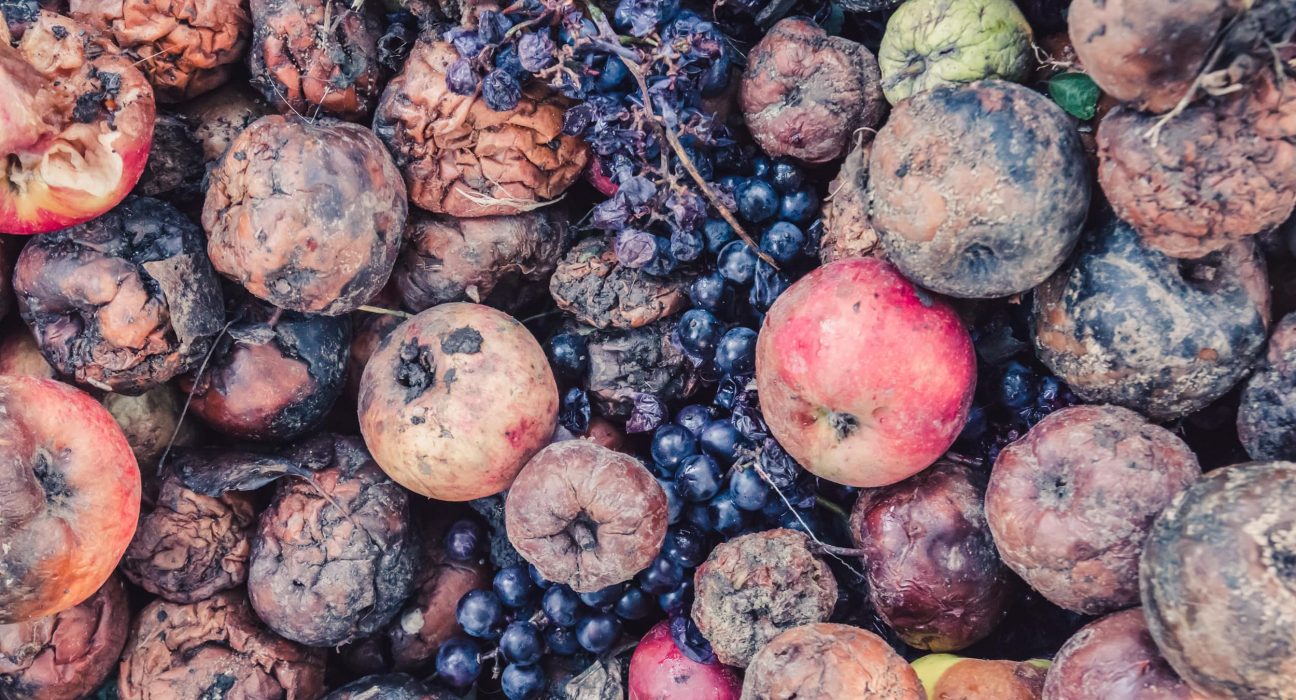Do you know that over 1300 billion tonnes of food are wasted yearly? Yes, that’s a Billion with a B – and yes, that’s every year. This level of food waste is unprecedented, painting a picture of what is a severe issue. This situation is even worse when we consider that over 800 million people do not have enough food daily.
As it stands, more than 45 million people in the world are facing emergency levels of hunger; meaning these people are at risk of starvation and death. The unfortunate reality of this situation is that things are not getting better; they are getting worse. The recent Covid-19 pandemic has not helped, with 193 million people facing severe hunger issues in 2021, a 40 million increase compared to 2020.
Not only is food waste an ethical issue, but it also promotes the production of carbon dioxide. According to the World Food Program USA, ‘if wasted food were a country, it would be the world’s third largest producer of carbon dioxide. Today, affluent countries waste more food than developing countries can produce. A recent report from the United Nations went as far as to identify that if we stopped wasting this level of food, we would be able to feed over 2 billion people, effectively ending abject world hunger overnight.
Two questions persist:
- Why are we wasting this food?
- Why can’t we give it to those in need?
The answers to this are a little more complicated than one might think.
Food Waste

It is important to note that while a large portion of food waste derives from unethical business practices, the problem at hand is the collective responsibility of every person on the planet. Regarding industrial countries, over 30% of food waste happens at the retailer and consumer levels. When a product is less than desirable, i.e., less than aesthetically pleasing, the consumer is less likely to buy it. This problem persists even though the product is entirely safe to eat and tastes the same. The issue is that we want the perfect product. And because we don’t buy said product, retailers are forced to dispose of it.
Another issue that arises at the consumer level is food wastage at home. Millions of citizens come home from their day at work and cook up a meal, only to throw half of it out because they cannot finish it. The irony of this, when compared to the millions that are starving, is palpable. Affluent countries have too much while developing countries have too little.
Unfortunately, food waste is only half the problem. Food loss is also a problem that the agricultural industry faces daily. Food loss is attributed to a lack of storage facilities, outdated technology, and various unethical business practices.
The perpetual cycle of harvesting and then disposing of food profoundly impacts global warming, leading to more hunger through severe weather patterns and droughts. Thankfully, the world is slowly becoming more aware of the problem through initiatives such as the 2030 Agenda and the 17 SDGs. However, this is still not enough, so we have created a small list of ways you can make a difference.
Beauty is in the eye of the Beholder
All vegetables and fruits are not equal, but they are all beautiful in their way. Just because a product has a bruise does not mean it is not worth eating. We encourage you to pick up those undesirable fruits and veggies to help reduce the waste coming from local supermarkets. Thankfully, businesses are starting to provide discounts to incentivize customers to purchase unwanted products. You can often get an entire basket of goods for the price of a single piece of fruit; to that, we say Waoh!

Be Mindful of your Consumption
Instead of going to the supermarket and purchasing everything, try reducing your consumption and instead focus on buying what you need. Not only will this help reduce your food waste, but it might also help you save some money; now that’s a score!
Donate and Contribute!
Suppose you are a business owner or constantly find yourself with a food surplus. Consider donating or contributing to a local shelter or charity. Not only will you be reducing your food waste, but you will also be positively impacting the lives of those around you; that is something we can get on board with immediately!
Conclusion :
Worldwide, food waste is a real problem that directly impacts our climate change. The problem, however, is a collective responsibility, and while countries and organisations are slowly making the necessary changes, we must stand up as individuals. If you have any knowledge or value you can provide, why not upload some ideas to Waoh? It’s free, and you could directly influence the humanitarian problems we are facing right now. You are the future, so why not help improve it?









